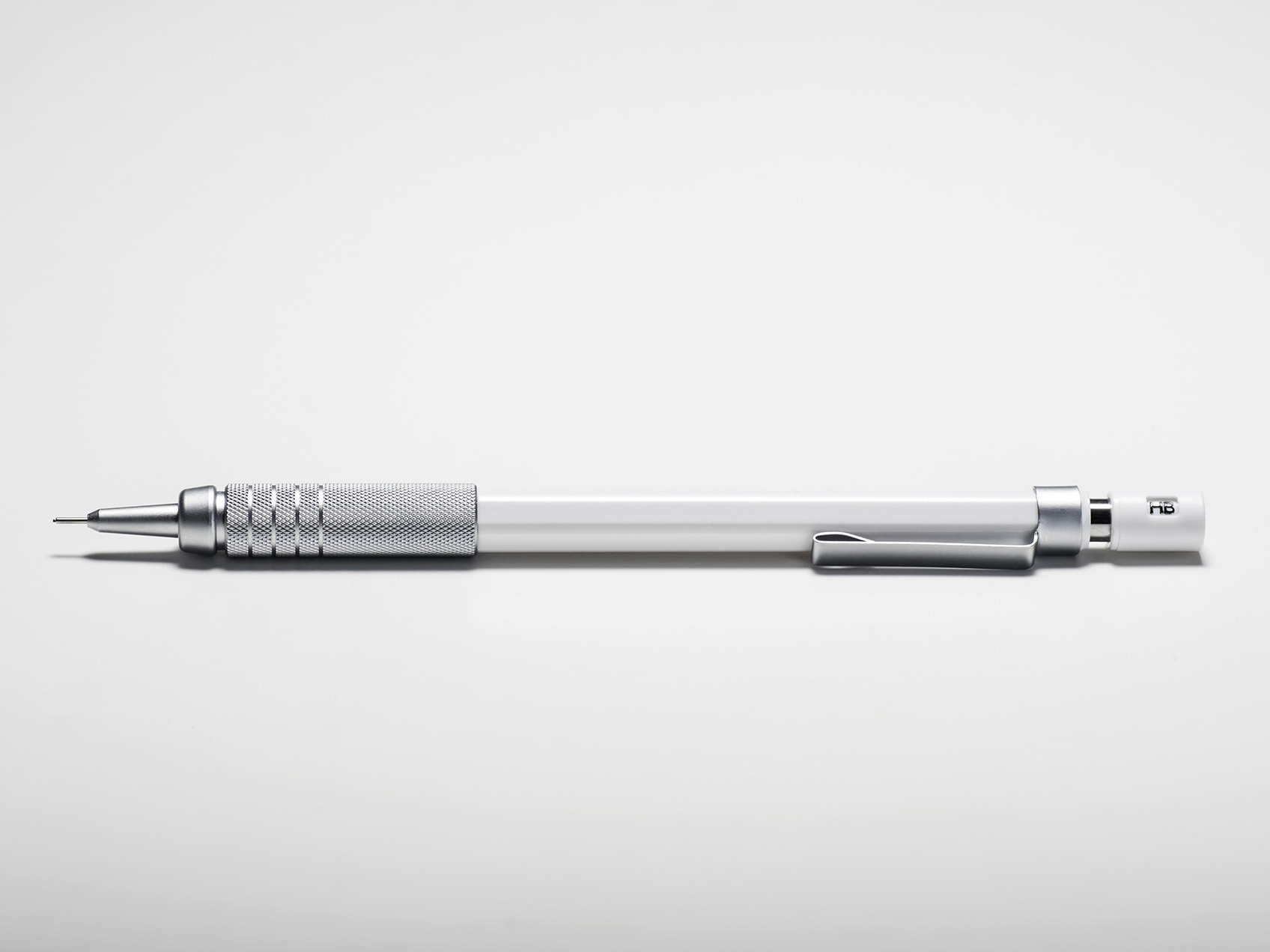Mechanical pencils have been around for quite some time, but they are still not as widely used as their traditional counterparts, the pen and wooden pencil. However, there are many benefits to using a mechanical pencil that make it a superior choice over other writing tools.
- Ecological Impact
- Mechanical Precision
- Writing Comfort
- Reuse and Versatility
- Mechanical Pencils the Clear Winner

Ecological Impact
While it is true that most plastic is not recycled, it is still eco-friendly to use a mechanical pencil over a wooden pencil or a pen. The environmental impact of a product is determined not only by its end-of-life disposal but also by its production, transportation, and use.
Wooden pencils require a continual stream of wood from trees and forests to be manufactured. While most pencil makers have invested in sustainable forests they occupy land that would better be suited to other purposes, such as allow a forest to grow old and large. Mechanical pencils on the other hand only require lead refills to continue to be used.
Pens are also typically made of plastic, and while some types of plastic can be recycled, many cannot. Even if a pen is made of recyclable plastic, the ink cartridge cannot be recycled, which means that some part of the pen will eventually end up in a landfill.
Mechanical Precision
Mechanical pencils are much more precise than wooden pencils. The core of a wood pencil is thicker than mechanical pencils, and becomes dull quickly. Once the wooden pencil is worn down it can be a less accurate writing experience. Mechanical pencils, on the other hand, always have a sharp and consistent tip, which makes them ideal for tasks that require precision, such as drafting, drawing, or mathematical calculations. When writing requires small letters a mechanical pencil's precision is ideal
Writing Comfort
Mechanical pencils are more comfortable to use than wooden pencils. A wooden pencil is a straight solid piece of wood. This is required because it must allow for sharpening. Mechanical pencils enable a variety of grip styles, from knurled metal grips to soft gel. Wooden pencils can often be uncomfortable to hold and can cause fatigue with extended use. In contrast, with mechanical pencils you can choose the best grip style that is comfortable for you, which can result in less hand stress and strain.
Mechanical pencils do not require sharpening, it makes them less messy and consume less time than wood pencils. Sharpening wooden pencils creates wood shavings that a hassle to clean up, especially if you are working in a library or someplace far from a trash can. The retractable lead of mechanical pencils advances with a simple click, eliminating the need for sharpening altogether.
Reuse and Versatility
Moreover, mechanical pencils are refillable, which makes them more cost-effective in the long run. Wooden pencils must be continuously replaced as they become sharpened into little nubbins, which can result in a higher overall cost over time. Mechanical pencils, on the other hand, only require lead refills, which are relatively inexpensive and can be purchased in bulk.
Mechanical pencils are much more versatile than wooden pencils. They are available in a variety of lead sizes, ranging from 0.3mm to 2mm, which makes them suitable for a wide range of tasks. They can be used for everything from writing and drawing to technical drafting and architecture.
Mechanical Pencils the Clear Winner
There are many benefits to using a mechanical pencil over a pen or a wooden pencil. Mechanical pencils are more eco-friendly, precise, comfortable, mess-free, cost-effective, and versatile than their traditional counterparts. While some people may still prefer the feel of a wooden pencil or the permanence of a pen, the advantages of mechanical pencils are hard to ignore. If you have not tried using a mechanical pencil before, we encourage you to give it a try -- you may be surprised at how much you enjoy the experience.